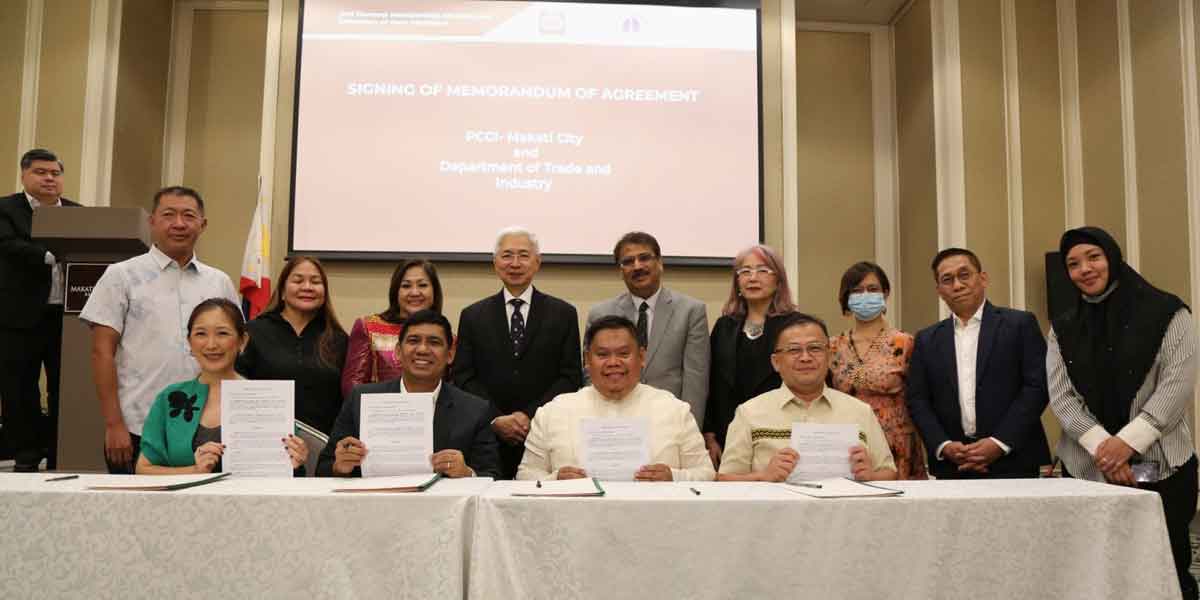 By: Modesto P. Sa-onoy
By: Modesto P. Sa-onoy
The Department of Finance (DOF) has agreed to postpone the liberalization of the importation of sugar. There really is no stopping it but a DOF deference to the Senate resolution urging the government not to implement its import liberalization plan. In effect, this is a stop-gap solution, a political solution in fact.
From every angle, the demand of the industry to stop liberal importation is difficult to maintain. We have a short supply of nationally produced sugar and the farms can no longer produce enough to meet the demands of the increasing number of consumers. Somehow, some time, the industry must yield to reality. It is a matter of time when free trade of sugar will have to be the solution.
Unless, the sugar industry can do two things: produce more sugar and at a price that can compete with the imported commodity. The reality presents a natural difficulty.
The Senators claimed there are 84,000 cane farmers and 720,00 industry workers and their families that will be adversely affected. A ripple effect can impact on the lives of five million Filipinos. Let’s set aside the end of the world scenario that politicians are wont to paint.
DOF Secretary Carlos Dominguez, the main proponent of liberalization, has proposed – provide incentives to sugar mills to improve their efficiency and thus extract more juice from the cane.
This is not a new idea. It has been there for decades and in fact, the Sugar Regulatory Administration has a mandate to ensure mill efficiency. However, most have not done so. The cost, it seems is tremendous that at the current system, discourages the mills from spending millions to modernize to extract more efficiently.
Dominguez said the government cannot just sit idly by but must address high prices. One of his ideas is to provide incentives to improve efficiency among mills.
He explained that our population has really grown to least 105 million and for the last two to three years there’s always a sugar shortage. Domestic prices are double compared to that of the world market.
These warning signals had been told time and again, but no solution had been presented so far except to stop free importation. As I wrote earlier this position of the industry cannot hold for long. As the days move on, we see the deterioration of the situation.
Dominguez said he told Sen. Juan Miguel Zubiri that the other problem is the law that regulates the relationship between the planter and the mill, specifically the mill-planter sharing law. The law, Republic Act 809 passed in 1952 says the planter gets 60-70 percent share of the crop and the mill gets 30-40 percent depending on the milling capacity not on the area as the news ascribed to Dominguez.
Nevertheless, Dominguez claims because of RA 809, the mills have no incentive to put capital expenditures to improve the efficiency of their mills. Because “when you put a capital expenditure there, you only are able to recover 30-40 percent of the revenue of the mill because the balance goes to the sugar planter.”
“We should also think about a new kind of relationship between a mill and the planter so that the mill is also incentivized to be more efficient so they will spend for the necessary technology and capital to extract more sugar from the cane,” he added.
Citing the practice in other countries he said that the“ideal revenue-sharing scheme” is where “the mills and the farmers do not share. The mill buys the cane, so if they owned the whole cane then they can extract; they have every incentive to extract the most amount of sugar.” He proposed that “the current system has to be changed.”
He added that “he is optimistic that discussions on sugar would not be more difficult than the government’s successful move to liberalize rice trade, which took nearly the first half of the Duterte administration’s term.”
The DOF is right. It is easier to deal with the present system in the industry than with rice farmers because the sugar industry is organized.
The Dominguez proposal is not new. It is called “cane purchase”. The mill buys the canes and the planter has nothing to do with what happens afterward.
But there are many implications because RA 809 is not just about sharing.
We will continue next week





















